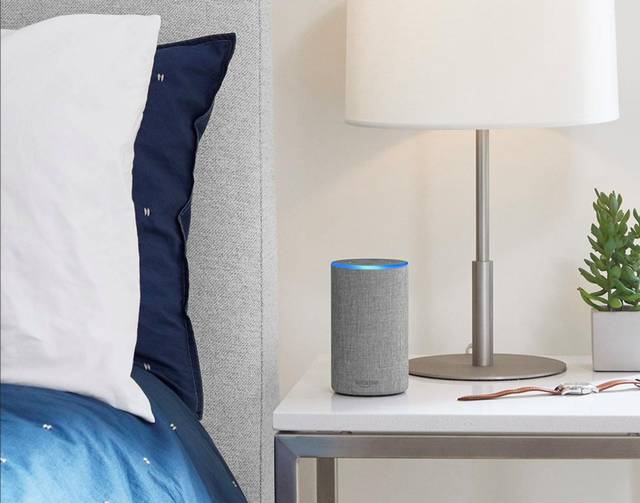According to researchers, virtual assistants like Google Home and Amazon Alexa can be real saviors in need. They can determine if someone has a heart attack.
In fact, acute myocardial infarction is the most common single cause of death in the country. Research has shown that the number of people killed has dropped significantly in recent years – and soon new technology can help to further improve the statistics.
According to researchers at the University of Washington, smart speakers and virtual assistants can act as a first front line. They can be trained to recognize the breathless, painful and irregular breathing that is typical of a heart attack – and then call for help.
This type of breathing occurs when a patient is experiencing very low oxygen levels. It is a kind of guttural gasping sound and its unique nature makes it a good audio biomarker to recognize someone who is experiencing a heart attack.
In tests, where a virtual assistant has been trained by listening to actual calls to emergency centers in the United States, the system was able to recognize the symptoms in 97 percent of cases – at a distance of up to six meters.
“Many have smart speakers in the home and these devices have an amazing ability that we can benefit from,” says researcher Shyam Gollakota.
In the study, which was published in NPJ Digital Medicine, it was important to achieve high quality in the system so that it did not alarm unnecessarily. To do so, the researchers had collected 162 emergency calls. From these, they have taken clips at each breath, giving a total of 236 useful audio files to start from. These have then been multiplied through machine learning to a dataset of 7,316 so-called heart attack-positive clips. In addition, they recorded a total of 83 hours of negative audio clips. These were the typical breathing sounds people make in their sleep, like snoring, but also various forms of sleep apnea.
The researchers are anticipating a system that passively monitors their immediate area to detect this type of health problem. When it detects that someone is having a heart attack, it can act in several ways. Partly by warning them in the vicinity so that they can give heart and lung rescue. But also by automatically dialing an alarm service.
Based on their findings, the researchers plan to commercialize the technology, but they say they will need more real emergency calls before the system is sufficiently accurate.
Myocardial infarction is a very common cause of death and right now many of these are passing completely unnoticed. Part of what makes this technology so compelling is that it can help us capture more patients on time.

